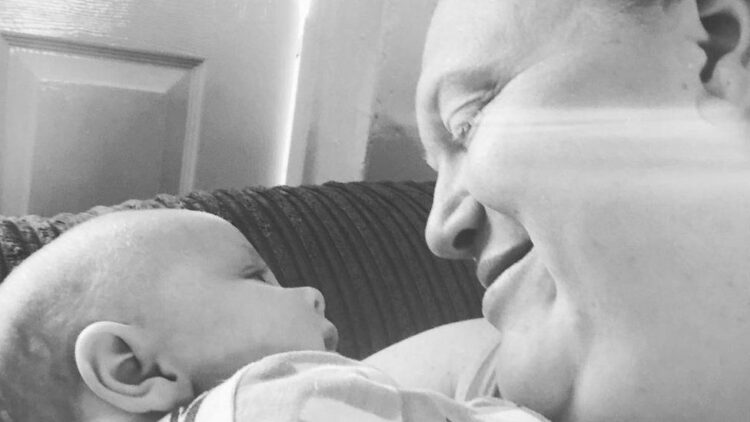By Lucy Caulkett-
A deaf campaigner is taking legal action against the Uk government, after complaining that it failed to provide in-person British Sign Language (BSL) interpreters at No 10 Covid briefings.
Katherine Rowley, 36, from Leeds has accused the government breached its obligations under the Equality Act to make broadcasts accessible to deaf people. She is also seeking compensation for injury to feelings, the barrister added.
She claims the failure to convey vital facts led to “stress and frustration”. Barristers on behalf of the government say her claim lacks merit.
A spokesperson said BSL interpretation of the No 10 coronavirus briefings was available on the BBC News Channel and BBC iPlayer, which could be accessed via Freeview.
“We continue to work across government to ensure that information and guidance is fully accessible,” he added.
Ms Rowley’s claim for a Judicial Review will focus upon two Covid briefings in September and October 2020, in which there was no sign language interpreter at all, either in person or superimposed by broadcasters.
She claims the stress she suffered in being unable to access government information during the briefing, impacted on her pregnancy and her wellbeing.
Speaking to the BBC through an interpreter, Ms Rowley said: “It was frustrating. Why wasn’t there an interpreter on the television?
“It’s important to get that information – the world should know – and for me, on my own, where is that information?
“I feel ashamed – I’m deaf, I can’t access information – but really it isn’t my fault, not at all.”
Ms Rowley’s barrister Catherine Casserley told the High Court on Wednesday that there has not been a BSL interpreter present in the room with the speakers at any of the UK government Covid briefings in England, unlike in Scotland and Wales.
She said providing “on-platform” interpretation would have been more inclusive than broadcasters superimposing an interpreter, because it means the sign language is visible wherever and whenever footage of the briefing is shown.
Mr Justice Fordham, who oversaw the online trial with sign language interpreters, said he would deliver a ruling at date to be determined later.
The High Court heard that there are 70,000 deaf people in England who use British Sign Language.
Ms Rowley’s solicitor Chris Fry said he is also representing 350 other deaf people who have made similar claims to Ms Rowley, but their cases are on hold until this one is decided.
Many who use BSL as their first language say they cannot rely on subtitles because the average reading age for deaf people is nine years – much lower than those in the hearing population.
Ms Rawley told the BBC, she felt disabled people like herself were being treated as though they don’t exist.
Mr Fry, the solicitor representing hundreds of deaf people in their claims, said: “Ensuring that information is provided in an accessible format can rarely be more important than in the midst of a pandemic.
“This case has brought deaf people together in the most remarkable way to challenge the government to do better, and to fulfil what we say are its obligations under the Equality Act.”
Amanda Casson-Webb, joint chief executive of the Royal Association for Deaf People, said this was the first time the deaf community had joined forces to litigate a Judicial Review on the provision of sign language interpreters.
A government spokesperson said: “We are committed to supporting disabled people through every stage of this pandemic and have established BSL interpretation at the No 10 press conferences via the BBC News Channel and iPlayer, available on all TV packages as part of Freeview.
“The BBC has also made their video feed for the BSL interpreter available to all other broadcasters and for use on No 10 social channels.”




